Two NATO warships have arrived in Dublin for a three-day port visit aimed at strengthening maritime cooperation with Ireland.
The Royal Netherlands Navy’s amphibious assault ship HNLMS Johan de Witt and the German Navy’s air-defence frigate FGS Hamburg, both part of Standing NATO Maritime Group 1 (SNMG1), took part in joint exercises with the Irish Naval Service’s LE William Butler Yeats off the Irish coast.
The ships conducted manoeuvring and communication drills designed to demonstrate interoperability between NATO members and Ireland’s naval forces.
Royal Netherlands Navy Commodore Arjen Warnaar, commander of SNMG1, carried out a series of courtesy calls during the visit, meeting Irish officials to strengthen bilateral relations.
A reception hosted aboard HNLMS Johan de Witt brought together representatives from NATO nations, local authorities and members of Ireland’s maritime community.
NATO’s Allied Maritime Command (MARCOM) described the visit as an example of how Standing NATO Maritime Groups maintain a “continuous and credible presence at sea” to uphold security and stability across the North Atlantic. The port call combined operational training, diplomacy and cultural engagement, with crews taking part in recreational and outreach activities around Dublin.
The visit follows a broader programme of NATO engagement in the region, including operations in the North Atlantic and Mediterranean, and reflects ongoing efforts to deepen partnerships with non-member nations such as Ireland.


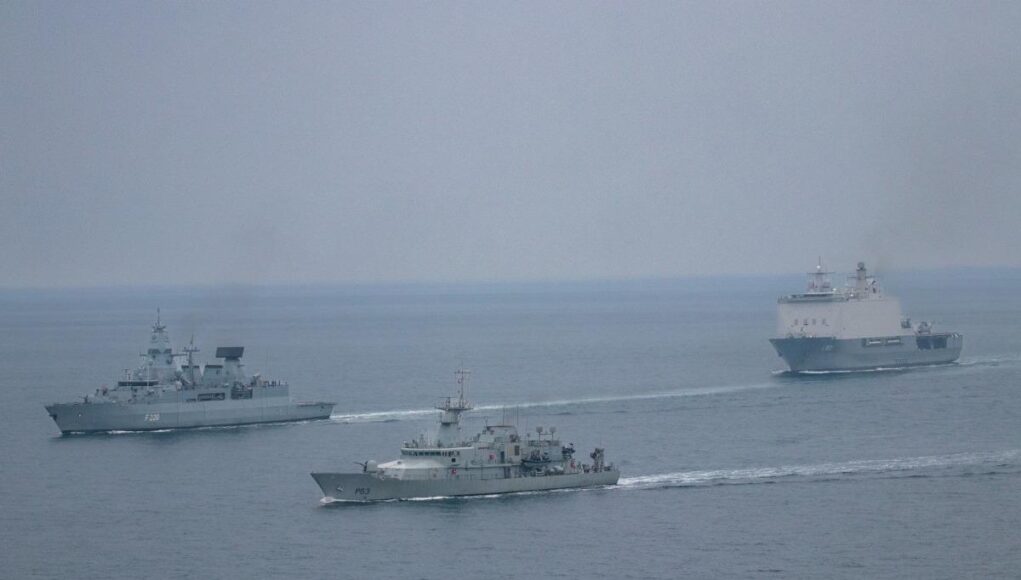
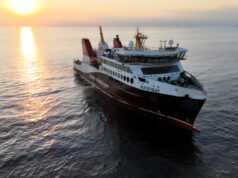
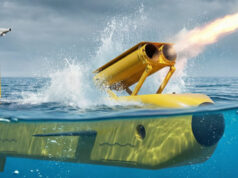
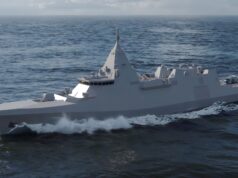
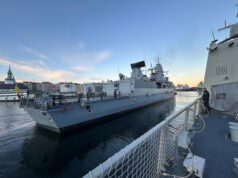
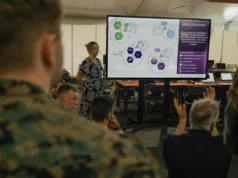

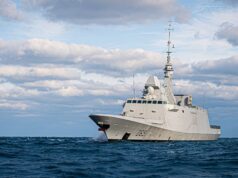
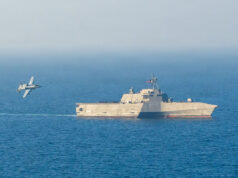
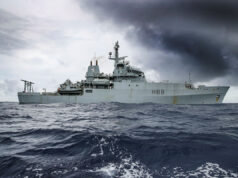
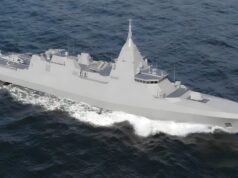

And the added bonus of a 3 day port visit in Dublin.
“Taxi” Temple Bars please ! 🍺🍺🍺
In for the bank holiday weekend.
Well there’s a thing !!!!
Might have to take a look at the “Temple Bar” Live web Cam, It’s a popular place and always something interesting happening !
Nah, George is only picking this up late, they were in last weekend, gone now.
Party Pooper !!!
☃️🌴🌴 the question should be why?
Other Irish “ships” were to join but are tied up due to lack of personnel interested in a career in the mighty Irish Navy #freeloaders
Shaw was actually over in Liverpool hosting an Irish event while Aoibhinn was back in harbour after patrols. Recruitment and Retention are trending upwards (to soon to tell if that’s sustained or not of course) and patrol days are expected to be up nearly 200 days over last year by the end of the year.
And given the struggles even the RN has had with Retention and Recruitment and laying up ships that cost more than the entire Irish fleet I’m not sure it makes sense throwing stones.
I like throwing stones.
The Port is a “Stones Throw” from the Bar.
You get the first round ?
Never going back there. They were very rude to me and my friends. Throwing things and using sweary words.
Shame, I found them all very friendly.
My grandpa was a Tan.
Mine was white.
🙂 Now who is silly?
Well then he wasn’t a guest or welcome.
Was not Yeats and Shaw both involved in the NATO exercise?
Not sure tbh, Shaw was in Liverpool the same time the NATO ships were in Dublin, and the pictures and NATO comments so far only referenced Yeats, Yeats and Shaw might have been exercising together though separately? Also can I say again I hate the names for the P60’s, Shatter should have left well enough alone imo and stuck with female names.
Couldn’t agree with you more. They should have name like the names below:
LÉ Morrigan agus LÉ Brigid.
Ireland have three options:
1. Become capable of defending themselves from absolutely all nations
2. Join NATO and spend the required amount
3. Continue to take unnecessary risks
Well No. 1, taken all the way means having nukes as we’ve seen demonstrated in Ukraine.
No. 2 doesn’t eliminate risk anyway.
So it will be No.3
Well it probably will be No 3 but the last 80 years suggests No. 2 does work for Europe. Although Russia is now picking off countries who are outside the treaty. What makes Ireland so special?
Given the current pathway of the largest member of NATO, as I said, No. 2 doesn’t eliminate all risk. And nothing makes Ireland special, every democratic country has to make its choice based on what its population will support, NATO membership isn’t a runner, so it’s no. 3.
Nothing eliminates all risks. That said neutrality is a dangerous game but as you say democracy is what everyone is fighting for and if the Irish wish to bury their heads in the sand then so be it. They have been lucky so far – everyone hopes that continues.
Because Ireland can huddle under the UK knowing that we’ll protect them.
Also the large Irish community in the USA ensures special treatment. Considerable here in the UK too & huge numbers of Irish joined our forces in both world wars.
Technical point, the largest non Irish contingent in the DF is British currently, though I will admit I’m not sure how members from NI are recorded.
Not to forget the large Diaspora communities in Canada, Australia and NZ as well who also fought in all of those conflicts you mentioned.
Mark Carney is a a Irish-Canadian for example and Canada’s 6th Irish PM just as a point.